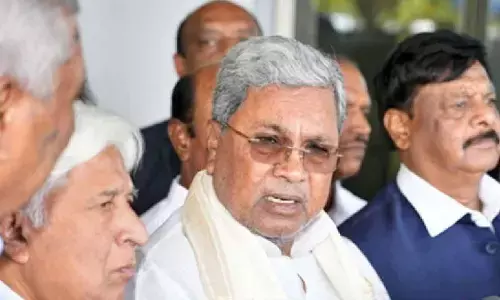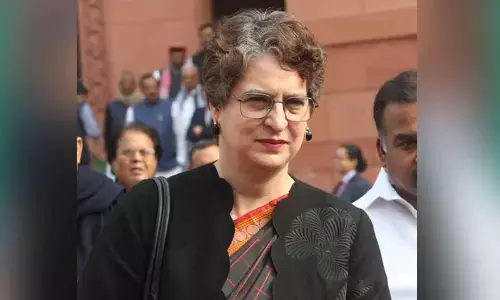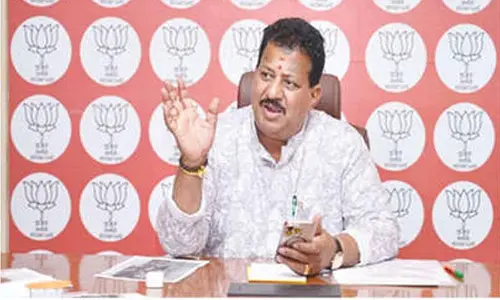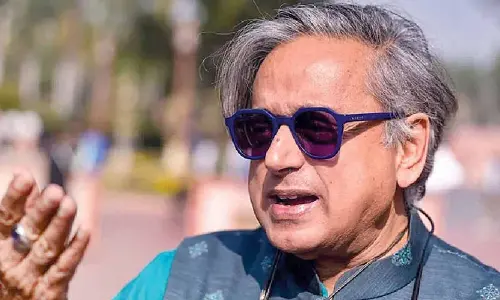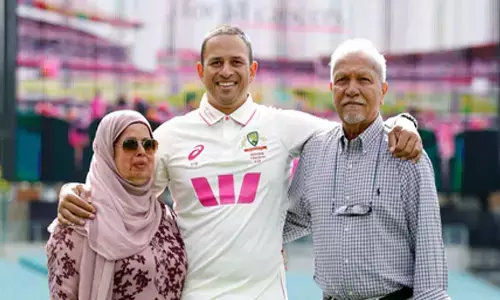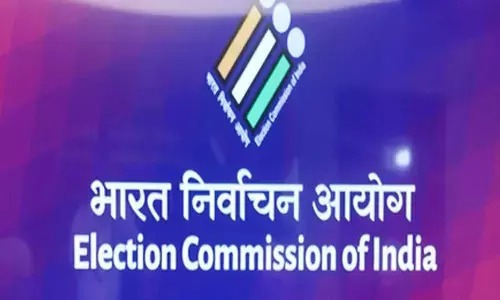South Korea says to start legal action against doctors over walkout
Share :
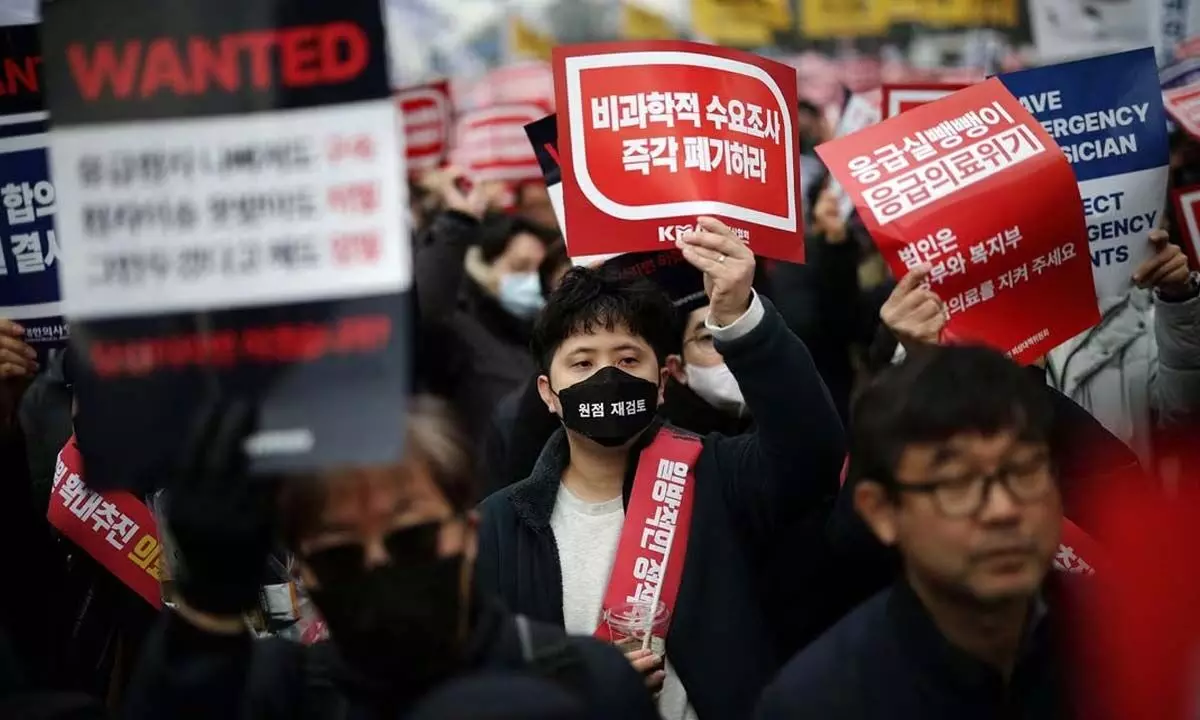
South Korea's health minister said on Monday authorities will start inspecting hospitals in order to take legal action against trainee doctors who have ignored an ultimatum to end a walkout over government plans to increase medical school admissions.
SEOUL: South Korea's health minister said on Monday authorities will start inspecting hospitals in order to take legal action against trainee doctors who have ignored an ultimatum to end a walkout over government plans to increase medical school admissions.
Around 9,000 resident and intern doctors, or about 70% of the country's total, have walked off the job since Feb. 20, leading to the cancellation of some surgeries and treatments and putting a strain on emergency departments.
The government had warned the protesting trainee physicians they could face administrative and legal penalties, including the suspension of their medical licences and fines or a jail term if they did not return to work by the end of last month.
"From today, we plan to conduct on-site inspections to confirm trainee doctors who have not returned, and take action according to the law and principle without exception," Health Minister Cho Kyoo-hong told a televised briefing.
"Please keep in mind that doctors who have not returned may experience serious problems in their personal career path."
For protesting doctors who returned to the field, Cho said the government would consider extenuating circumstances when contemplating any action against them.
Later, Vice Health Minister Park Min-soo said the government would take steps to suspend the medical licences of some 7,000 trainee doctors who had left their jobs.
Patients outside a major hospital in Seoul told Reuters they were concerned about the impact on treatment of a drawn-out standoff and called for talks to ensure a swift resolution.
"Doctors should first return and reassure patients and their families, and then have a dialogue with the government," said a patient, who only gave her surname as Song.
Lee Hye-ji, a 37-year-old renal dialysis patient, said she was worried about what would happen if her condition deteriorated.
"I would be extremely anxious if I ever need to undergo a kidney transplant surgery but there are no doctors available."
"WITCH-HUNT"
Up to now, there has been little sign of either side backing down. Thousands of South Korean doctors held a mass rally on Sunday organised by the Korean Medical Association, defying official calls for the trainee physicians to return to work.
The KMA, which represents private practitioners, apologised at a news briefing on Monday for inconvenience caused by the walkout, but urged the government to rethink its medical reforms and accused authorities of a "witch-hunt" against doctors.
The World Medical Association, a group representing physicians, said in a statement on Sunday it "strongly condemns the actions of the Korean government in attempting to stifle the voices of elected leaders within the Korean Medical Association," adding it affirmed the right of doctors to collective action, including strikes.
The young doctors who are protesting say the government should first address pay and working conditions before trying to increase the number of physicians.
The government says the plan to increase the number of students admitted to medical schools by 2,000 starting in the 2025 academic year is needed in a rapidly ageing society with one of the lowest numbers number of doctor to patient ratios in developed economies of 2.6 doctors per 1,000 people.
The plan to boost medical school admissions is popular with the public, with about 76% of respondents in favour, regardless of political affiliation, a recent Gallup Korea poll found.
Some critics, however, accuse President Yoon Suk Yeol's government of not consulting enough and of picking a fight over the issue ahead of parliamentary elections in April.
In 2020, Yoon's predecessor, Moon Jae-in, shelved a plan to boost doctor numbers after a strike by trainee doctors that also coincided with a wave of coronavirus infections.








